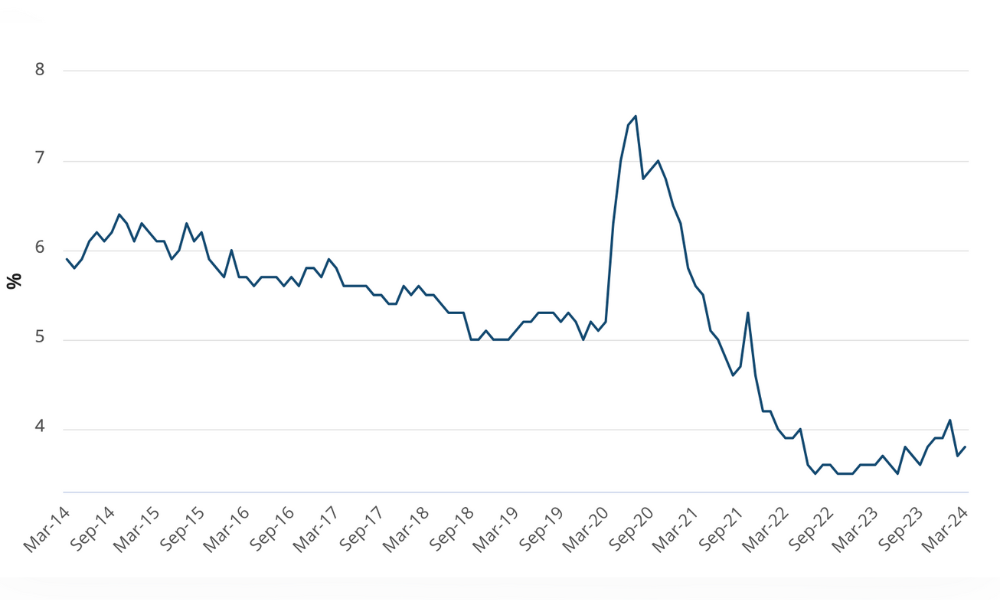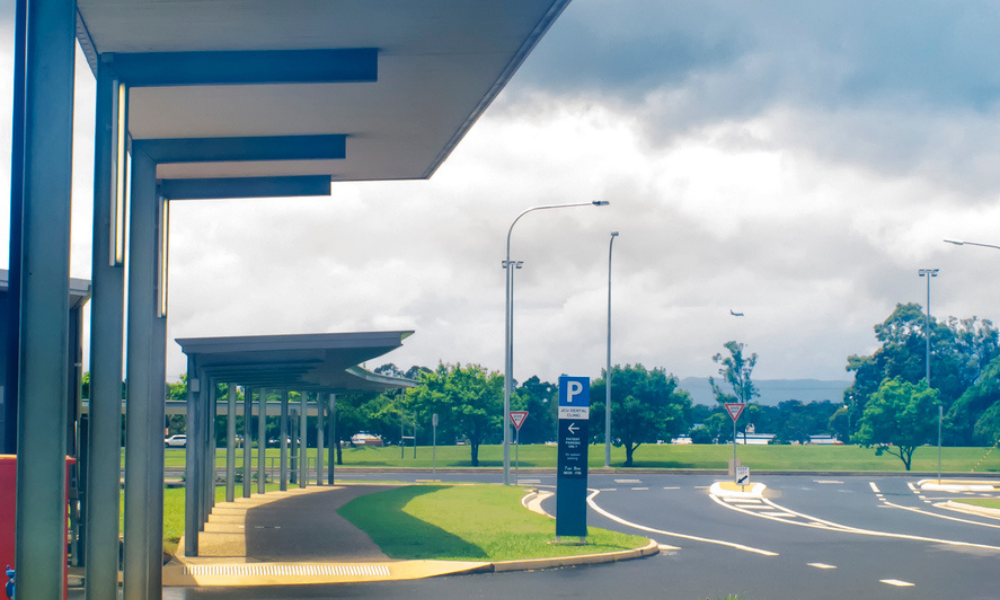Incentive programs used to be for the sales force, but are now an integral part of many an organisation’s attraction and retention strategies. Teresa Russell reports on the latest trends and looks at how companies are using incentives in innovative but effective ways
Incentive programs used to be for the sales force, but are now an integral part of many an organisation’s attraction and retention strategies. Teresa Russell reports on the latest trends and looks at how companies are using incentives in innovative but effective ways
In 2007, Accumulate conducted Australia’s largest national study of HR, marketing, sales and general managers on the topic of incentive programs as a part of an organisation’s attraction and retention strategies. During in-depth interviews with 100 of BRW’s top 400 Australian companies, the researchers found that 85 per cent of them had at least one reward and recognition program.
Although the aim of incentive programs was to improve KPI results, employee retention and engagement, sales performance and financial results, a surprising 15 per cent of those with an incentive program did not have a formal budget for it and 29 per cent were unable to report their total spend on their employee reward programs. Although 25 per cent of businesses outlaid $1 million annually for reward programs, two-thirds were unable to quantify return on investment on their programs.
The study found that incentive programs were becoming “expected” rather than regarded as a bonus and that the greatest challenge for those surveyed related to making the programs fair and relevant to both the individual and the organisation. The respondents felt it was most important “to ensure that programs recognised the right people, while not losing interest of the non-winners”.
Simon James, CEO of Haematology and Oncology Clinics Australasia (HOCA), admits it is unusual to provide incentives to nurses, but says they have been generally well received by both its clinical and administrative staff. HOCA is the leading provider of cancer care day clinic services in Queensland, caring for 180 to 200 cancer outpatients every day. Given the exponential growth of the aged population in Queensland, HOCA has experienced an increased demand for its services and now employs about 160 staff.
HOCA is new to incentive schemes and recently introduced its first for several reasons. “We needed to attract people to work as nurses in a specialist sector that does not have the tax benefits that public hospitals provide,”says James. “A reward and recognition scheme was also going to differentiate us from other private sector employers and respond to a need among current employees that was highlighted in climate surveys,” he says.
“Operating in the area of clinical care is not like sales. You have to do your work properly. When it comes to patient care, there is no alternative,” explains James. However, HOCA was interested in recognising an individual or group that went the extra mile or did something a better way, creating a helpful and innovative culture. They wanted to recognise those people who did good work, built a cohesive team and supported one another.
Karen Grosvenor, national sales and trading projects manager at Bartercard Australia does work in a sales organisation, albeit one without cash. Bartercard is a trade exchange that assists more than 23,000 businesses in Australia to trade goods and services, without having to part with cash or manage the challenge of direct swapping. The company employs about 300 people as trade co-ordinators, administration and sales staff in 48 offices nationwide.
Bartercard has had quite a few different incentive programs in the past – all managed internally and directed at trade co-ordinators and salespeople. (Trade co-ordinators help current clients to barter and salespeople join new clients into the network). Rewards have included cash bonuses, prizes and holidays etc. The company also runs monthly recognition awards for offices, individuals, and trading and sales records.
“The same top people kept winning the awards, but we wanted to look after all the staff,” says Grosvenor. “We also had an administrative overload with our current programs, so we decided to outsource to an external provider,” she says.
Choosing an effective scheme
James had used the rewards provider RedBalloon Days at another organisation prior to his role at HOCA. “At first we looked at doing our own thing and giving people Myer cards, but we felt that was a bit limiting. We wanted to give people the opportunity to do something that they would otherwise not do,” he says.
Other criteria included a system that was simple to use in terms of access for employees and reports for management. When HOCA recently celebrated its 20th anniversary in business, James took just 20 minutes to reward points to every employee and notify them by personal email.
James says that they took about three months to decide on the guidelines surrounding who to reward and when, so that there would be consistency across the organisation.
Clinic managers and team leaders are given a monthly allocation of points that that they can distribute. Any member of staff can initiate a reward for another employee or team.
James gave some examples of recent points that had been awarded. These included points for a medical secretary who stayed after hours because the doctor she worked for was running late; a team of nurses covering for a colleague who was at home with a sick child and 500 points for introducing a new staff member, with a further 500 on the six-month anniversary. HOCA also rewards people for length of service and birthdays.
At Bartercard, Grosvenor says that the main driver for an effective incentive scheme is to increase trade volume and sales. However, staff attraction and retention and an increase in productivity are also positively effected, resulting in increased sales.
Grosvenor looked at Qantas and ANZ points programs and found a formula she liked. Her criteria for an incentive system and external provider included flexibility, a large range of prizes, a website that was easy to use and good service.
She short-listed four organisations and eventually chose Rewards Online, and not just because its system exceeded her criteria. “They were the only company on the shortlist prepared to come and talk to me at our Gold Coast headquarters,” she says. (One wonders if the downturn in the economy has since made the other three more hungry for business).
Grosvenor says that the launch and ongoing administration have been easy because the firm did nine months of legwork ensuring the points allocation system was fair and accurate. The program has been introduced to sales and trade co-ordinators and is about to be rolled out to the company’s administration staff.
Value to the business
As with many of the respondents in Accumulate’s survey, HOCA and Bartercard will be gauging the business impact of these schemes through employee satisfaction and engagement measures, attraction and retention statistics, customer service levels and client satisfaction reports. They both understand that this will be just one factor that influences these results.
“The staff is just moving beyond healthy scepticism as more points are accumulated and rewards are redeemed,” says James. “As a group, nurses are feeling the need to participate more in the recognition of their colleagues, realising that they should start being givers – rather than just recipients – of awards. I think that is a very healthy sign in the process,” he says.
Incentive tips
James says it is important to try to find rewards that are a bit different and completely unrelated to the workplace. “People remember experiential things more and will thank you for it,” he says, adding that employers should allow time after the launch for a program to gain traction.
Grosvenor advocates extensive research on the subject before launching a program. “If you have just one unhappy participant, it can have a negative impact, so if you think you have done enough research, do more,” she says, adding that, judging by the excitement it has generated, Rewards Online is the best incentive program Bartercard has run for a long time.








